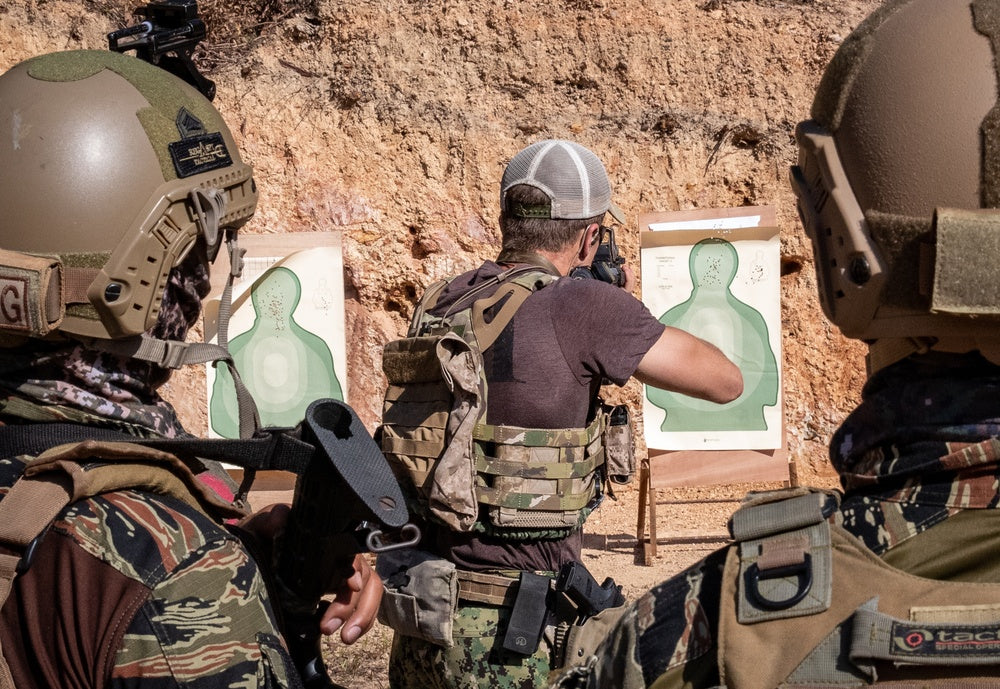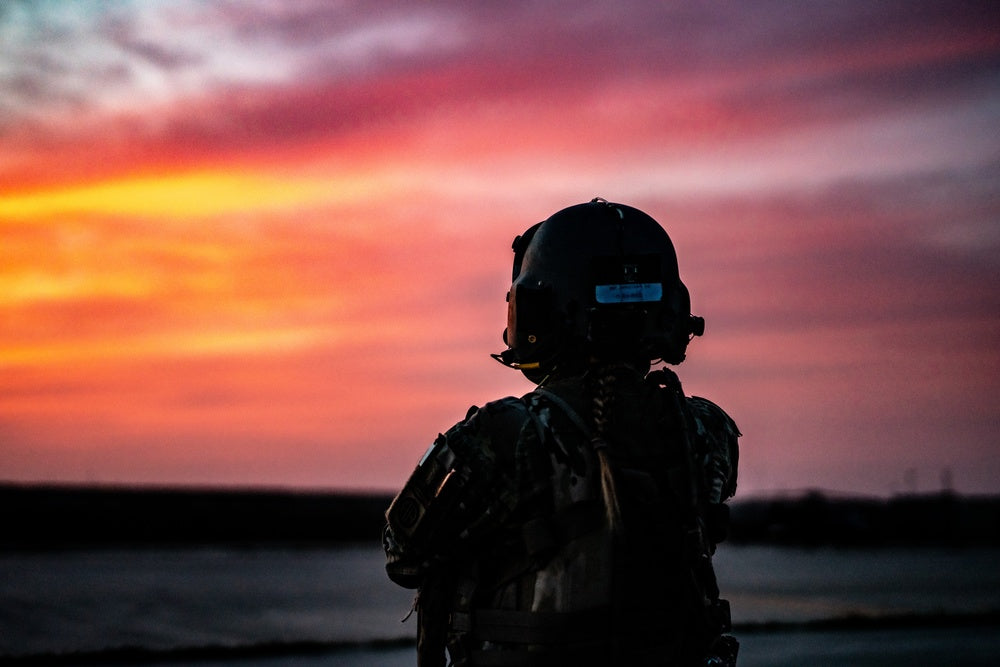
Philippines, US troops begin annual combat drills
PHOTO CAPTION: Illustrative photo — U.S. Naval Special Warfare Operators and Australian Defense Force conduct marksmanship training with their Armed Forces of the Philippines counterparts during Exercise Balikatan 2019. (U.S. Navy photo by Mass Communication Specialist 1st Class Eric Chan via U.S. Defense Visual Information Distribution Service)
MANILA (Reuters) -Nearly 17,000 Filipino and American troops kicked off a three-week joint combat training exercise in the Philippines on Monday that includes maritime drills in the South China Sea where Manila and Beijing have sparred over territorial claims.
France and Australia, which have ramped up defence ties with Manila in the face of China's aggressive behaviour in the South China Sea, will join the maritime exercises to be conducted for the first time outside Philippine territorial waters.
The annual Balikatan or "shoulder-to-shoulder" drills, which will run from April 22 to May 10, come amid an escalating diplomatic row and maritime encounters between the Philippines and China including the use of water cannon and heated verbal exchanges.
Officials said the drills are not directed at any external aggressor, but will improve interoperability between their militaries.
"Exercises in those locations operate based on international order and international law and well within your sovereign rights and responsibilities. We're conducting exercises that are normal," U.S. Lieutenant General William Jurney, Balikatan exercise director, told a briefing.
Beijing's increasing pressure in the South China Sea has alarmed Manila, rival claimants to disputed martime territory, and other states operating there, including the United States which has reaffirmed its commitment to defend the Philippines against armed aggression in the South China Sea.
China claims most of the South China Sea, which is a conduit for more than $3 trillion of annual ship-borne commerce. Beijing has criticised the joint drills, saying they aggravate tensions and undermine regional stability.
The Permanent Court of Arbitration in the Hague ruled in 2016 that Beijing's expansive claims to the sea had no basis under international law. China rejects the ruling and has built military facilities on disputed atolls to back up its claims.
During joint exercises, U.S. troops and their Manila counterparts will simulate retaking enemy-occupied islands in the northernmost islands of the country close to Taiwan, and in the western Palawan province facing the South China Sea.
The drills will involve around 16,700 troops from both sides, slightly less than last year's 17,600, which were the largest Balikatan exercises since they started in 1991.
(Reporting by Karen Lema, Mikhail Flores and Neil Jerome Morales; Editing by Stephen Coates)









